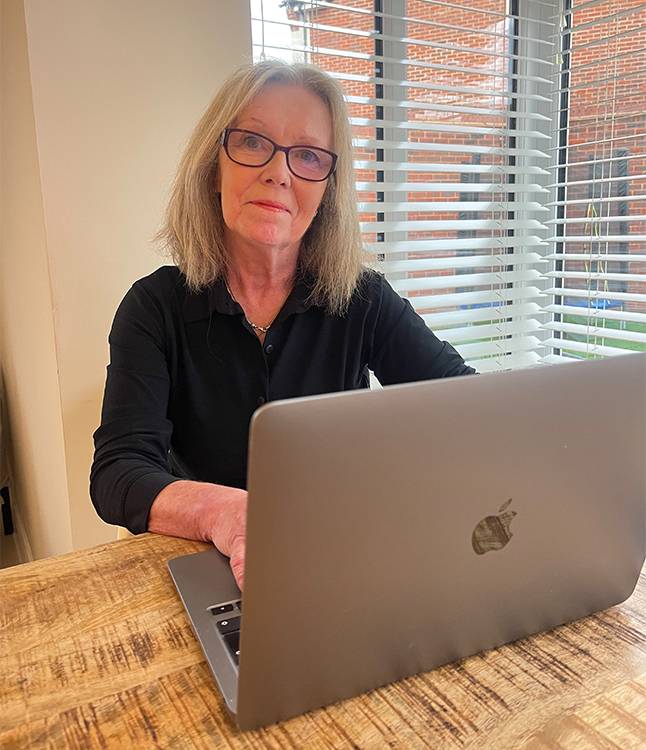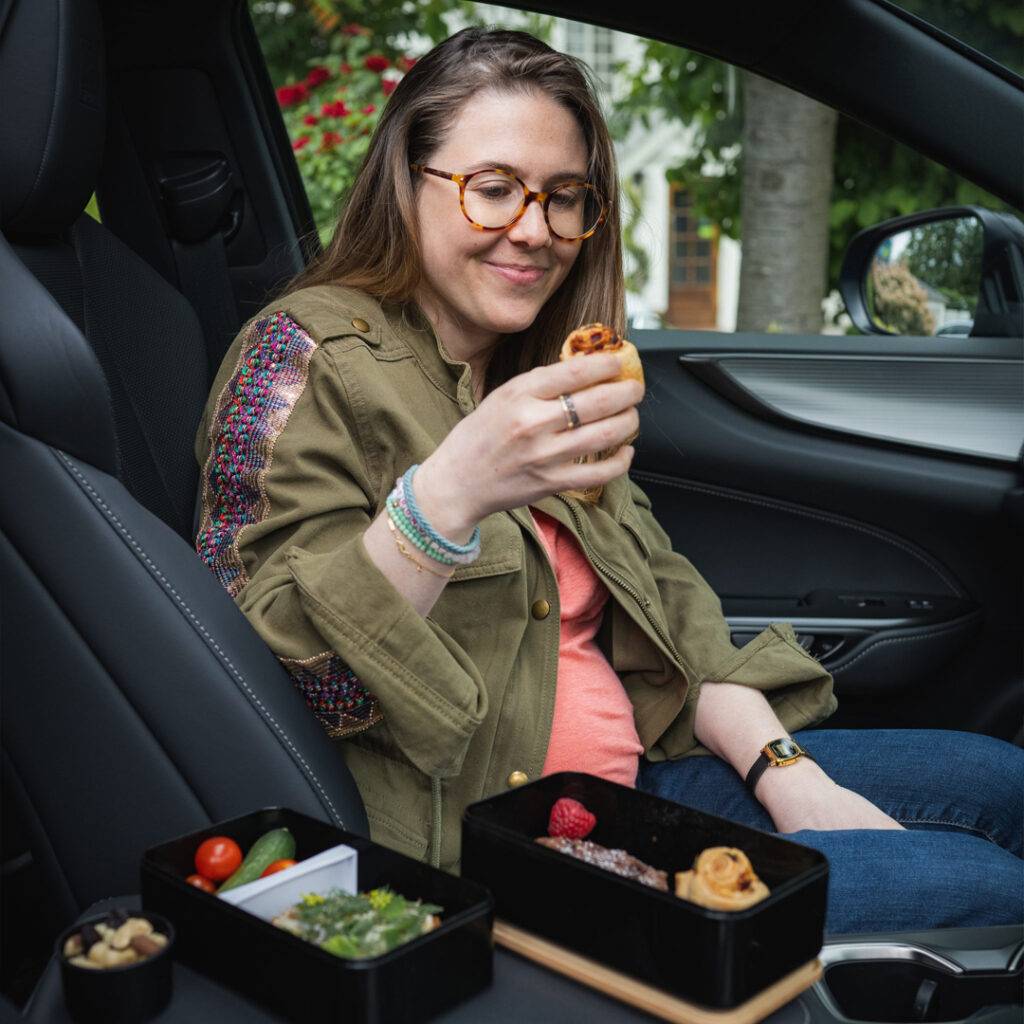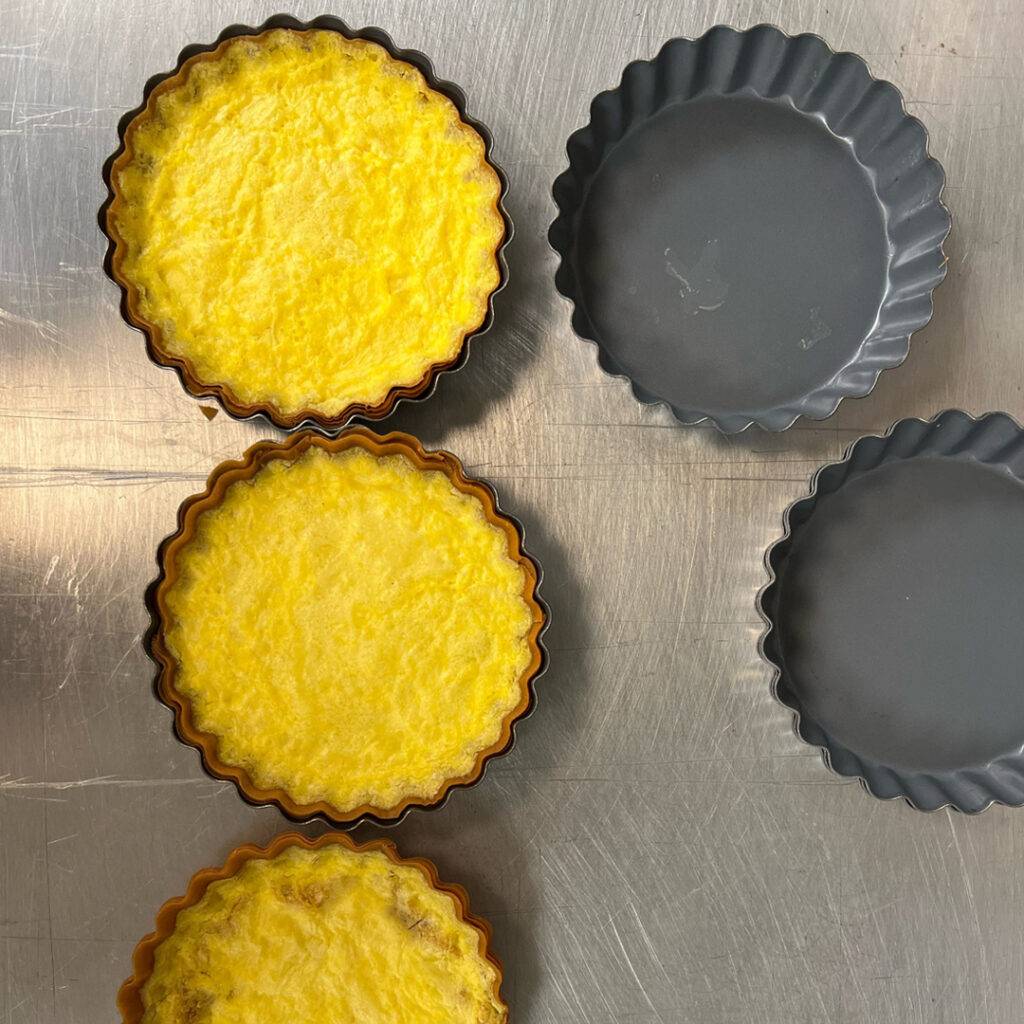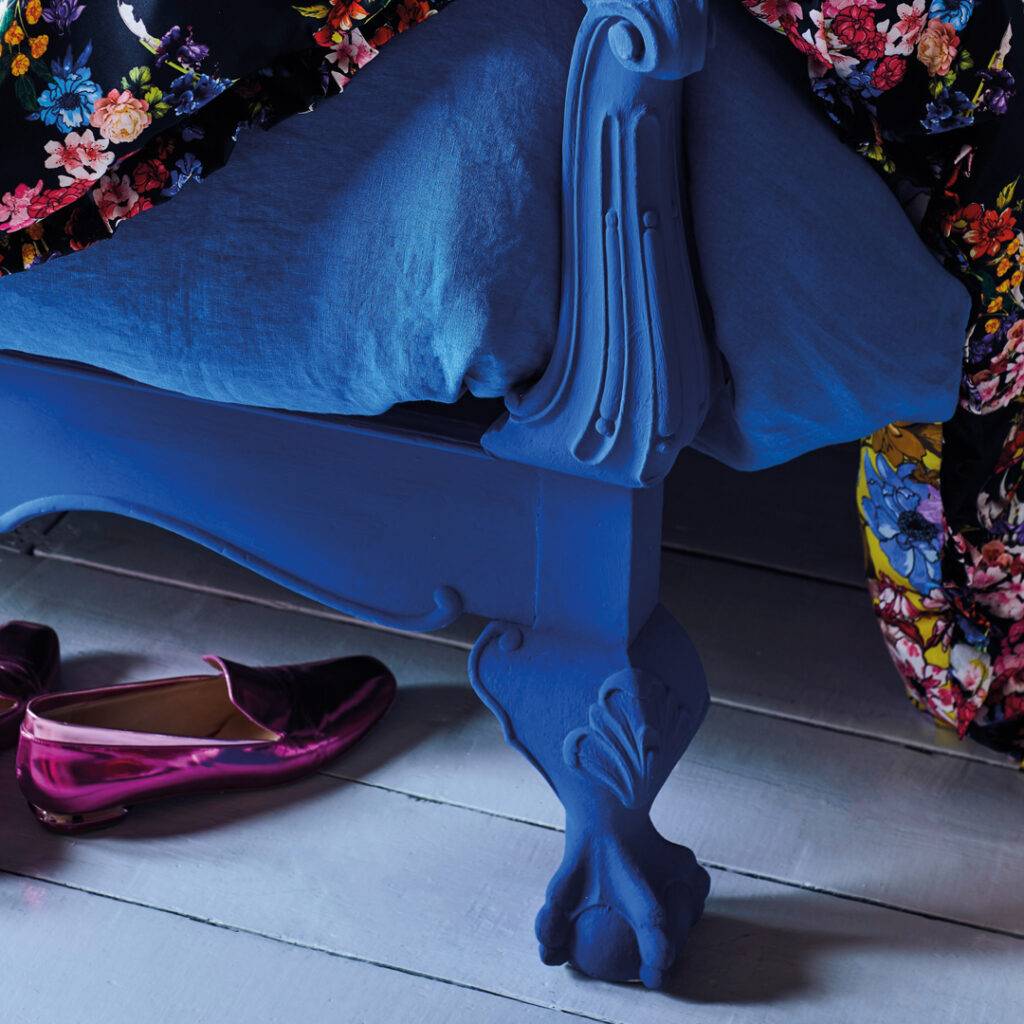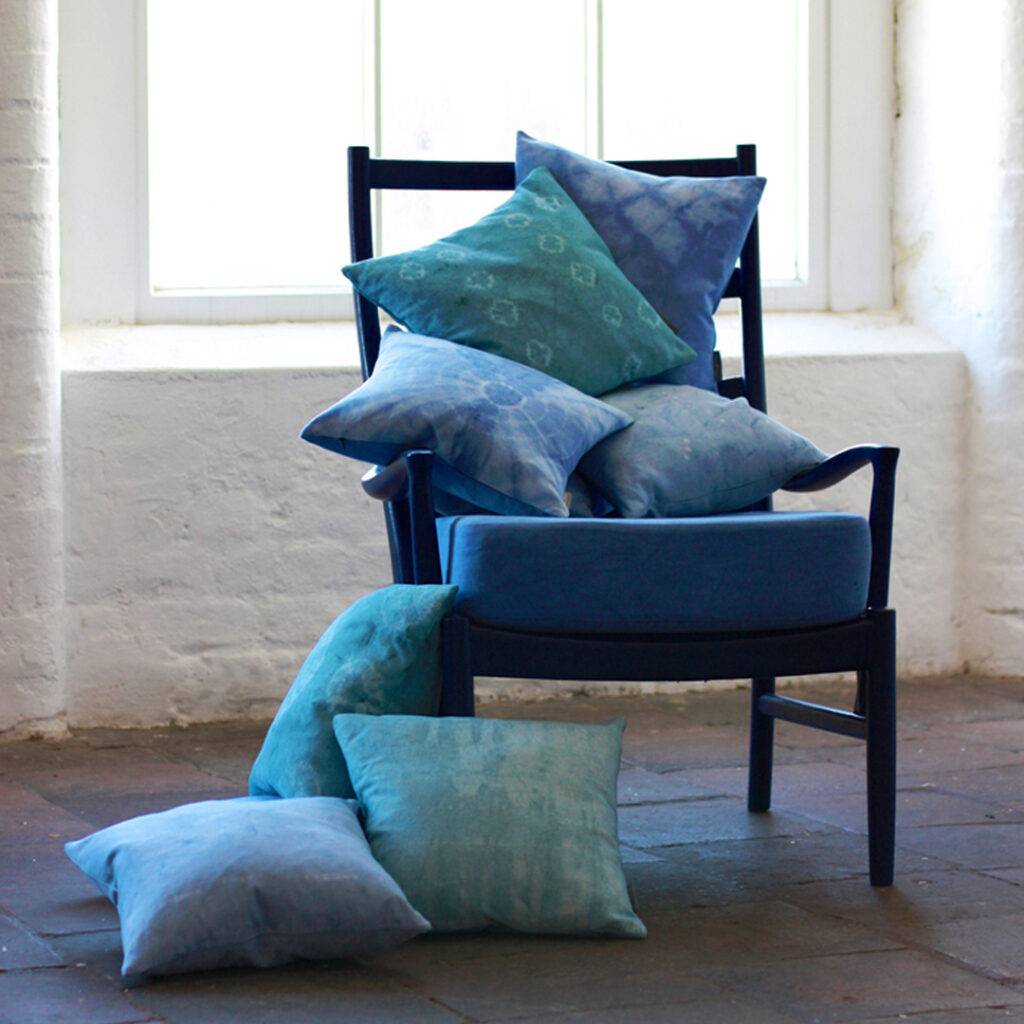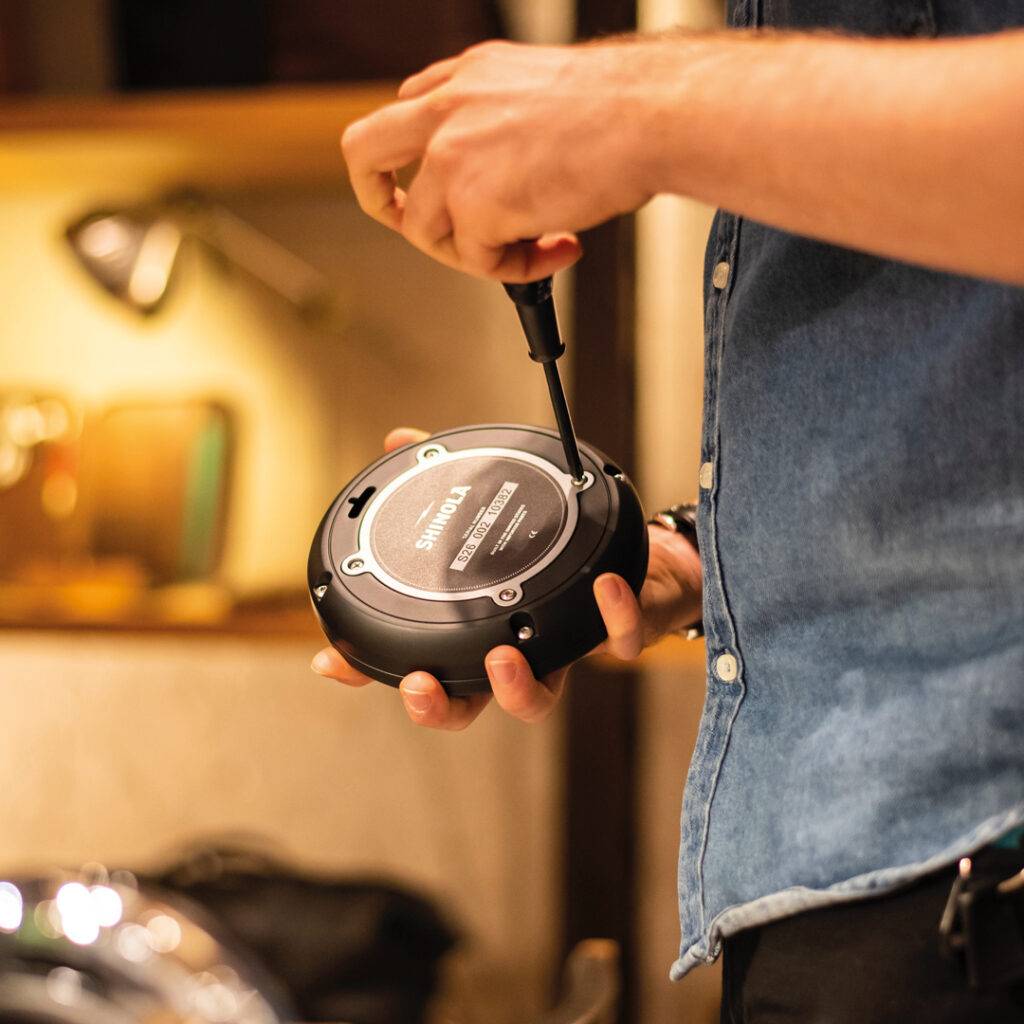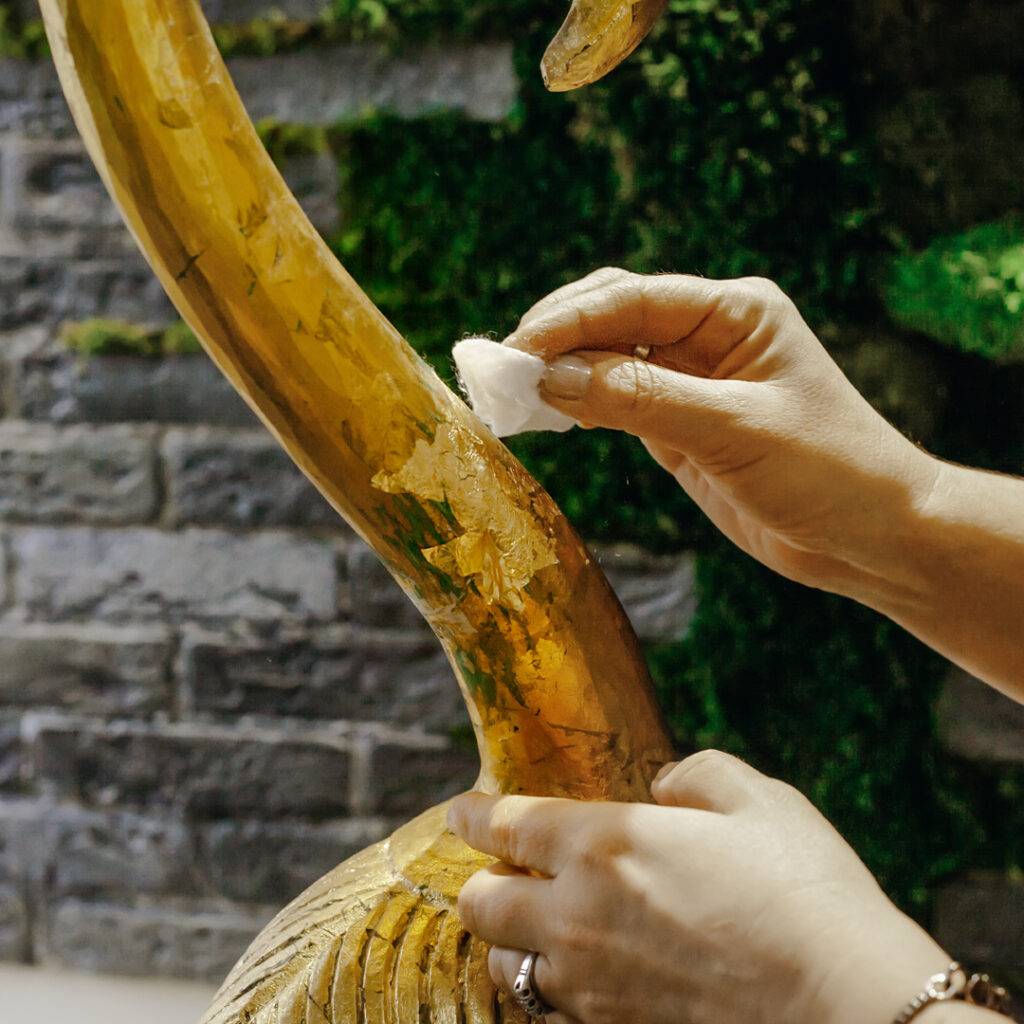We chat music, heroes and mental health with music industry veteran Barry Ashworth ahead of Mucky Weekender festival in Winchester, 8th & 9th September, plus Dub Pistols’ upcoming UK tour…
Q. Hello Barry! Like us, you love a festival! What’s your best festival memory, and why?
“Playing nearly three festivals a week for over 25 years… that’s a hard one to answer. Rise festival in Victoria Park was pretty special because we had Terry Hall and Lynval Golding from The Specials playing with us and it was the first time they had played together in over 20 years; we played Gangsters and over 100,000 people lost their minds. They went on to say that day was the catalyst for them reforming the band. Last year’s Glastonbury Glade show was pretty special too, it was the biggest crowd we had played to at Glastonbury and the roar from the crowd when we came out was spectacular.”
Q. What’s your first memory of music?
“My mother loved her Motown music, I remember she had a white record player and would play and sing along to all her favourite Motown tunes all day long; she loved singing.”
Q. Who was your hero growing up? And now?
“I had a few to be honest, I’m a mad Liverpool fan so Kenny Dalglish was my idol. Musically I had a few: Terry Hall from The Specials, Joe Strummer from The Clash and Paul Weller the Modfather, all have had a massive influence on me musically.”
Q. Really tough one but what’s your favourite tune? (Or top three!)
“Almost impossible to answer this one as it changes daily but going with the above answer; The Specials – Ghost Town, The Clash – Straight To Hell and The Style Council – Shout to the Top.“
Q. Who are you most looking forward to seeing, hearing and hanging out with at Mucky Weekender this year?
“Everyone on the line up – that’s why I’ve booked them all!”
Q. How do you take good care of your mental health?
“I’m very fortunate to live in a small village called Reed in Hertfordshire. Walking is so good for your mental health. Being in the fresh air in the middle of the countryside makes me very happy.”
Q. Have you enjoyed any other great festivals this summer?
“Festival season is always my favourite time of the year. Every festival is unique and brings its own vibe but there are three that I feel are very close to my heart and have a special connection to. Beat-herder, in my opinion, is the best independent festival in the country. We have such a strong connection with the crowd there and the love that we get from them is something I will never take for granted. The amount of work and attention to detail that goes into Beat-herder is unique. The venues they build are off the scale and if I were handing out awards for best festivals in the UK this would be a winner. In Europe nothing comes close to Electric Castle in Romania. The production is next level and again the relationship we have built up from being part of the festival from the beginning is one of mutual love and respect. The noise, the energy and the vibe that comes when we walk-out leaves me quite emotional. So, I have covered the UK and Europe, but it is always festival season somewhere in the world and my next mention is halfway around the world in New Zealand. Splore Festival is another one of my spiritual homes. A better location for a festival is hard to find. Set on a beach in Tapapakanga National regional park, its ethos, its connection to the people and the traditions of the Māori land it is on, make it truly unique and one of a kind. I feel blessed to have been part of it over the years and again for the bond we have built with its crowd. For me, these festivals stand out against the others due to the care and pride the production team have for what they have created and for the experience they are providing.”
Q. What is the best feedback you’ve ever had from Mucky Weekender?
“We have people coming to the festival on their own and leave with a tribe of new friends. This always blows me away. For customers to feel safe to arrive alone because they know the vibe and crowd are so friendly. We have a lady who’s traveling solo all the way from Australia. Her first year coming to Mucky was 2022 and she’s made friends that will last a lifetime that she’s meeting up with again this year. I think this is such a huge compliment for the environment we’ve created. It’s incredible how many people are traveling from different parts of the globe to join us.”
Q. What else is on the horizon for you over the next few months?
“Rest, if only I could relax! The Dub Pistols have recently released a new album called Frontline on my own label Cyclone Records. It went to number 3 in the UK charts. There is a stack of remixes due for release from the likes of Don Letts, Guadi, The Allergies, Klue and a host of others. We have a winter UK tour lined up and I am already working on my next album with The Freestylers. Oh, and a documentary called what could possibly go wrong. The history of The Dub Pistols. It’s a rock n roll story of every band and a cautionary tale of what not to do to make it in the music industry!”
Q. Finally, if you could make one wish for the world, what would it be?
“It is cheesy but I am a socialist. I would like to see peace, love and unity throughout the world. A world where everyone is given a fair chance and a decent existence. A world in which we care less for ourselves and more for others.”

Mucky Weekender, named after one of the Dub Pistols’ bestselling singles Mucky Weekend, covers all genres across four stages at Vicarage Farm with an intergalactic theme this year. See you at the front! For info about Dub Pistols’ long awaited album Frontline visit dubpistolsmusic.co.uk/category/new-releases/. A Dub Pistols documentary will be out soon.






